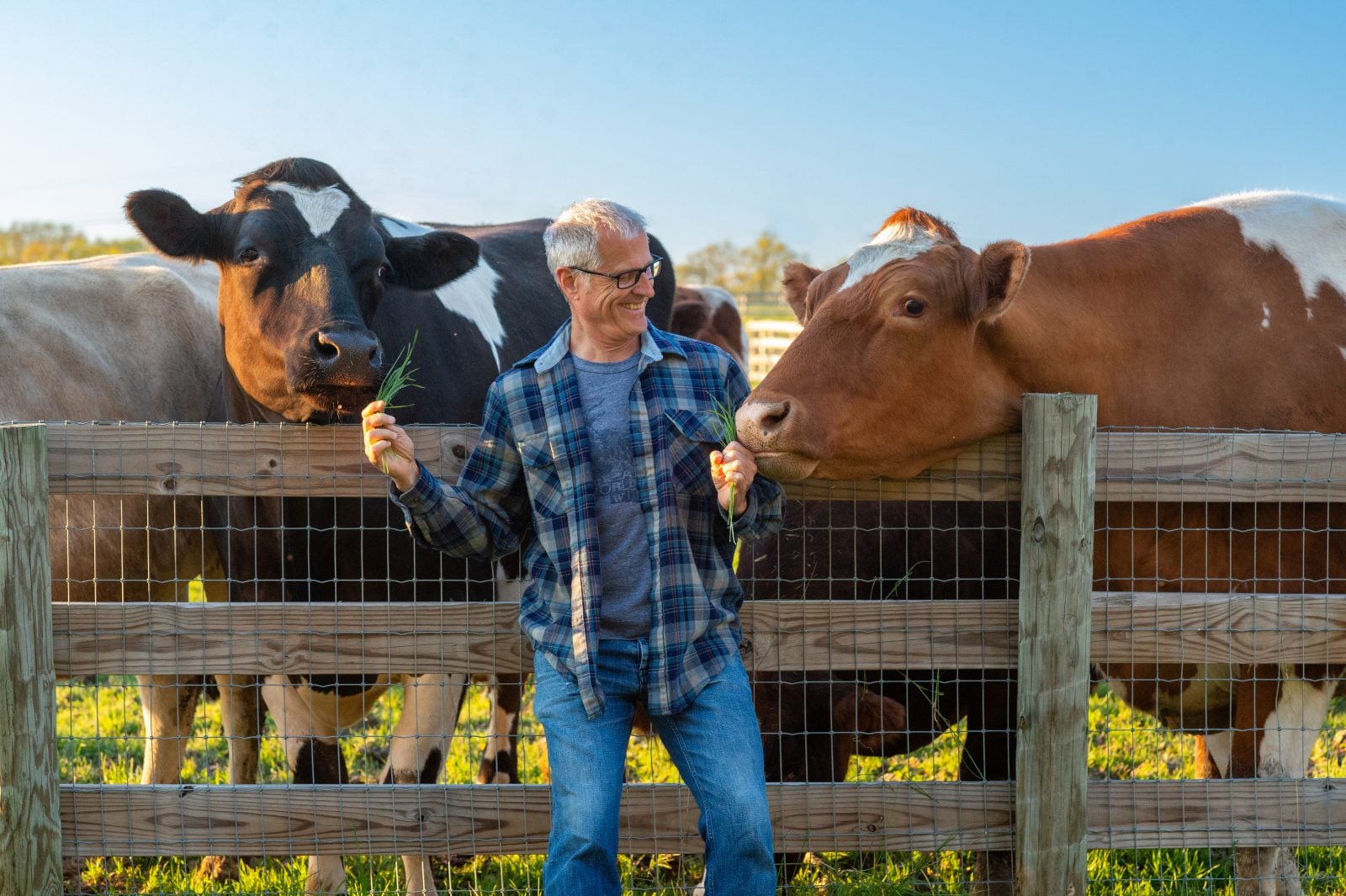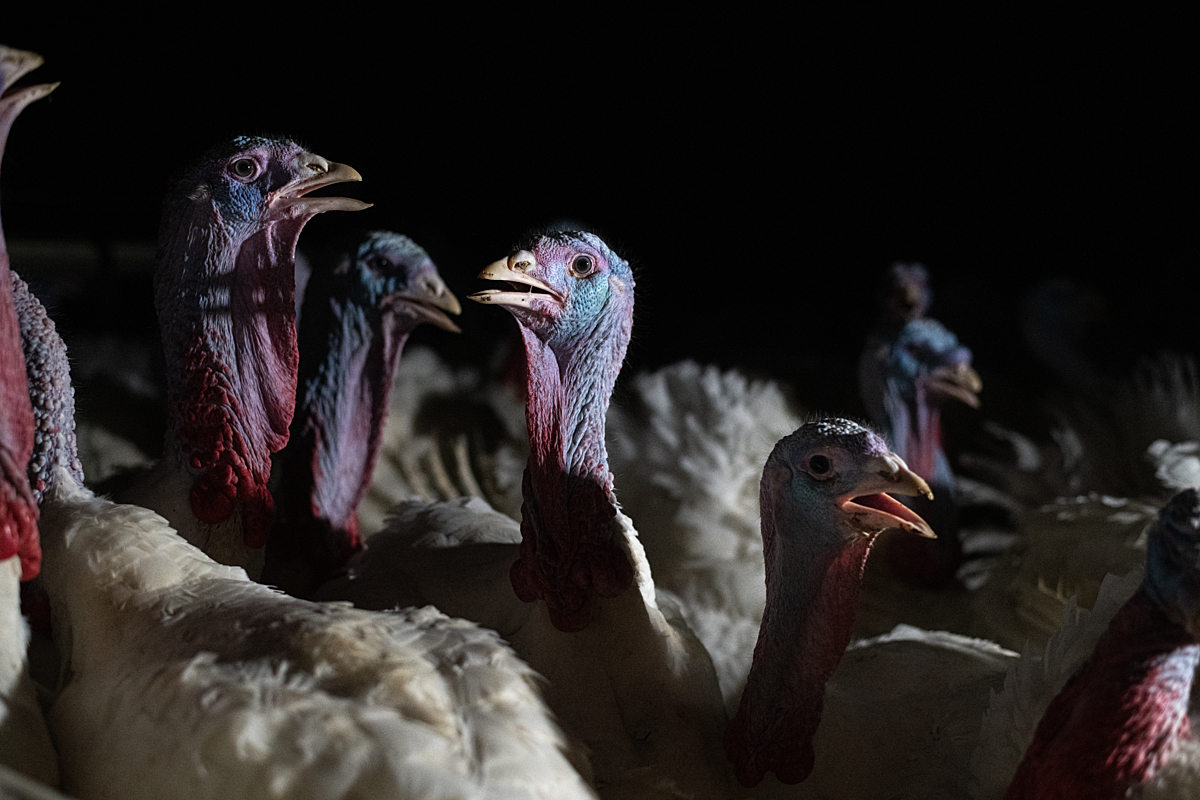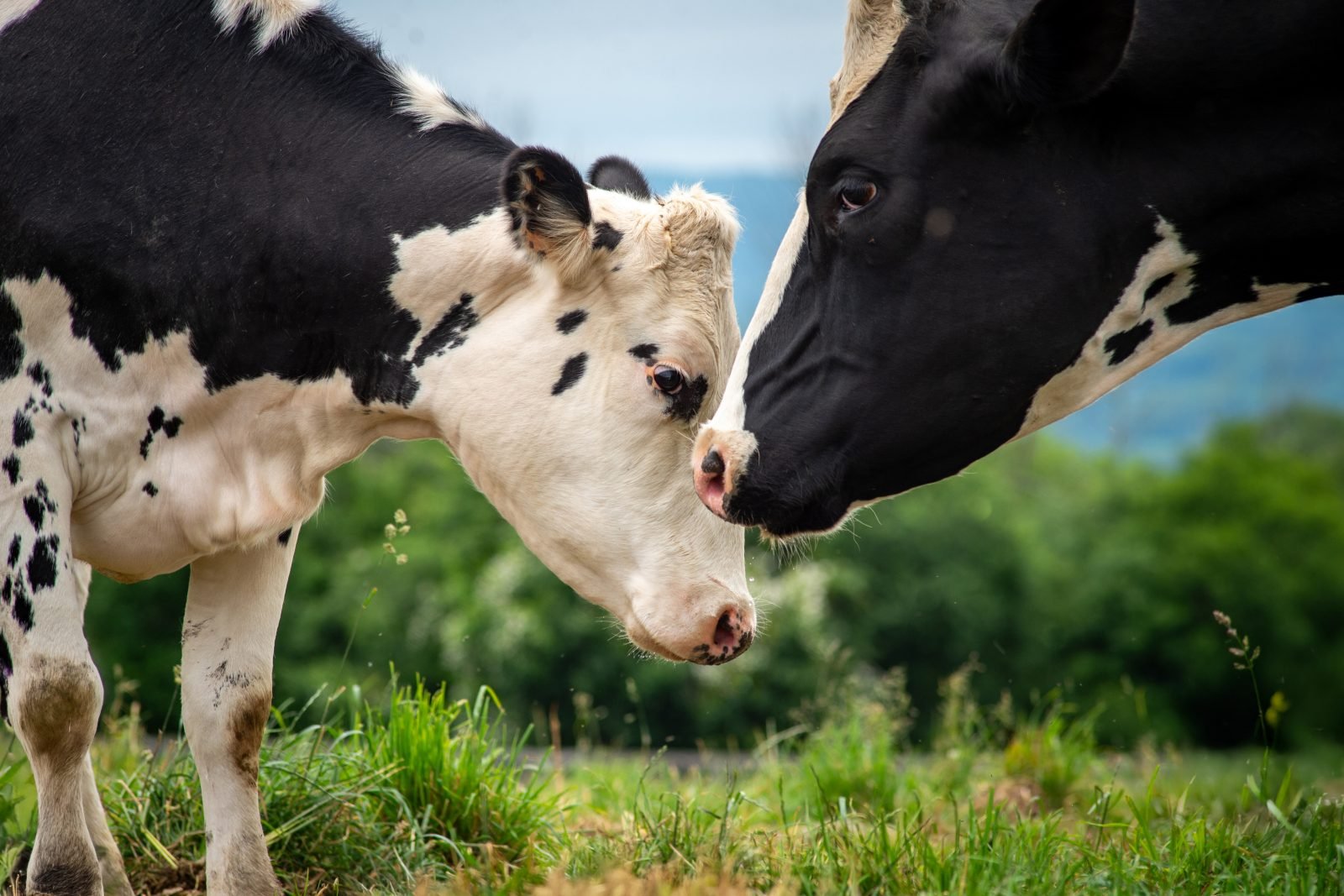Veganism is a badge of honor and an ethos of compassion for so many. However, for a growing number of people, it’s utilized as a tool for slimming down the body. Blogs, podcasts, and even social media apps tout the benefits of maintaining a vegan diet as a perfect way to stay thin and energetic. While veganism certainly has its strengths in promoting a holistic lifestyle, should it be used to encourage and sustain weight loss?
A vegan diet can be instrumental in lowering cholesterol and promoting metabolic stability. That’s because the body must expend more energy to break down the proteins in most animal products than in whole grains and vegetables. However, going vegan doesn’t guarantee that you’ll lose weight. Caloric intake and fat-to-carbohydrate ratios also play a huge part. For example, if someone eats three plates of deep-fried sweet potato wedges daily, they will be less likely to stay fit than if they ate three plates of steamed kale at similar intervals.
Aside from the general public, veganism has become an important way of life for many celebrities and other notable figures. According to the case study “Transition to a Vegan Diet in an Elite Male Gaelic Football Player,” conducted by Daniel Davey, Shane Malone, and Brendan Egan: “Vegan diets are increasingly of interest to athletes, but require a well-planned approach in order to mitigate the risk of potential adverse effects on nutrient intakes, and consequently performance.” Exercise plays a huge part in successfully maintaining physical fitness while exploring veganism. Some people report a heightened sense of well-being and start losing pounds within weeks of adopting their new eating habits and workout regimens; for others, the change is markedly slower. Each body is different, so what might work for a friend or family member won’t always be the case for someone else.








